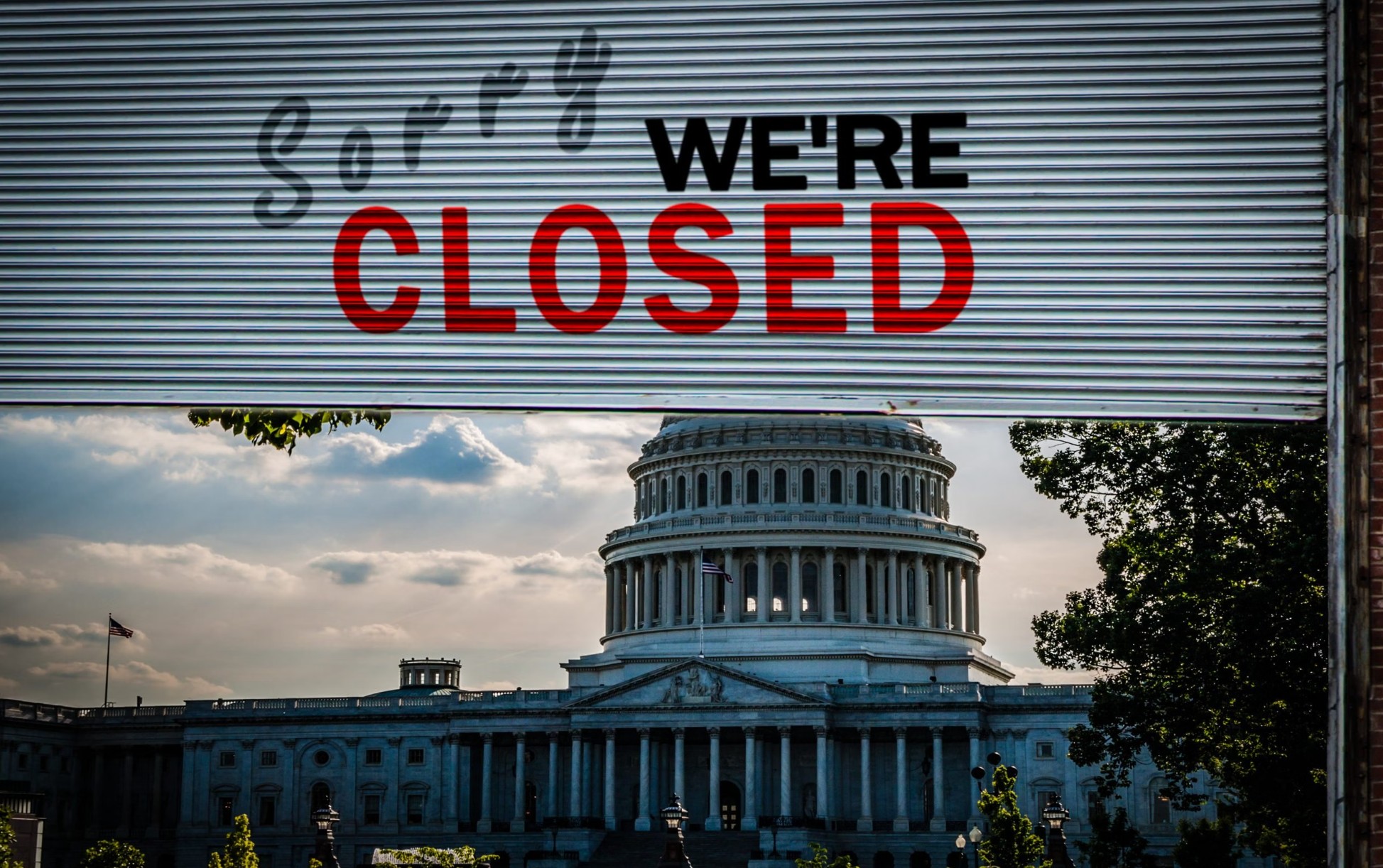Category: Politics
-

When the Lights Go Out: the Government Shutdown and Why It Matters
Every year, Congress is supposed to complete one of its most basic responsibilities: pass a federal budget to avoid a government shutdown. The process begins when the President submits a proposed budget, usually in…
-

When Democracy Goes Too Far: The Dangers of Populism
“Populism” is a political movement that basically means “what the masses want”. It evokes the idea of a government truly by the people—raw, direct, and unfiltered. Who could object to that? Isn’t the whole…
-
How the U.S. Government Works: 5 Things “They” Never Taught You
For a country that loves to chant “USA! USA!” at sporting events and confuse patriotism with pyrotechnics, we do a staggeringly poor job of explaining how our government actually functions. If your civics education…